Search Results for: Bears
Skip to resultsCan’t find what you’re looking for? Visit our FAQ page.
6,904 results for: Bears
-
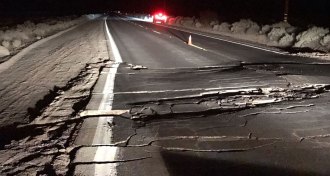 Earth
Earth3 questions seismologists are asking after the California earthquakes
After back-to-back quakes, scientists are scrambling to figure out which faults ruptured and what it means for future California quake activity.
-
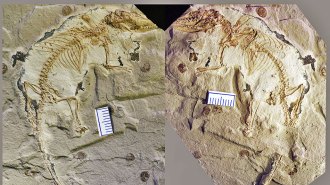 Paleontology
PaleontologyA flexible bone that helps mammals chew dates back to the Jurassic Period
A flexible bone that helps with chewing may have helped give rise to the Age of Mammals, a new fossil shows.
-
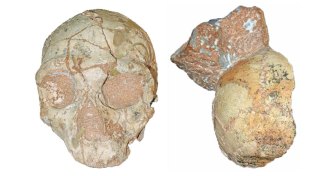 Anthropology
AnthropologyA Greek skull may belong to the oldest human found outside of Africa
Humans possibly reached southeastern Europe by 210,000 years ago.
By Bruce Bower -
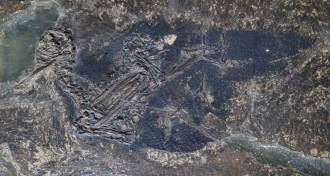 Paleontology
PaleontologySigns of the color blue have been found in a fossil for the first time
Scientists think they’ve spotted hints of blue plumage in a fossilized bird from 48 million years ago.
-
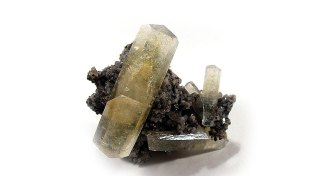 Chemistry
ChemistryCarbon plays a starring role in the new book ‘Symphony in C’
In Symphony in C, geophysicist Robert Hazen explores carbon’s ancient origins, its role in life and its importance in the modern world.
By Sid Perkins -
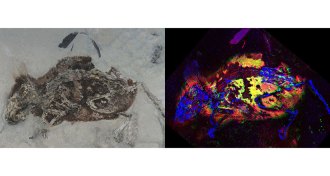 Paleontology
PaleontologySigns of red pigment were spotted in a fossil for the first time
For the first time, scientists have identified the chemical fingerprint of red pigment in a fossil.
-
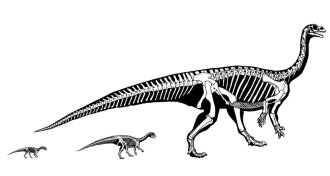 Paleontology
PaleontologyThis early sauropod went from walking on four legs to two as it grew
A new computer analysis shows how Mussaurus patagonicus' center of gravity changed as the dinosaur grew.
-
 Animals
AnimalsThese award-winning photographs capture rarely seen wildlife and landscapes
Winners of the California Academy of Sciences’ annual photo contest dove deep underwater and hiked to great heights to create these striking images.
By Maanvi Singh -
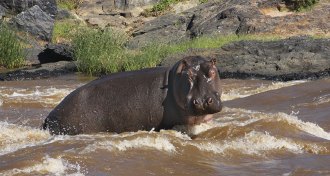 Animals
AnimalsHippo poop cycles silicon through the East African environment
By chowing down on grass and then excreting into rivers and lakes, hippos play a big role in transporting a nutrient crucial to the food web.
-
 Animals
AnimalsPandas’ share of protein calories from bamboo rivals wolves’ from meat
The panda gut digests protein in bamboo so well that the animal’s nutritional profile for calories resembles a wolf’s.
By Susan Milius -
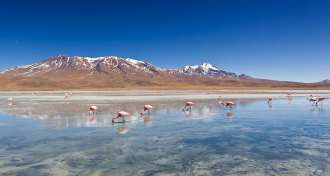 Earth
EarthThe search for new geologic sources of lithium could power a clean future
Futuristic clean-energy visions of electric vehicles are driving the hunt for lithium.
-
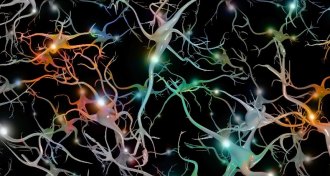 Artificial Intelligence
Artificial IntelligenceAn AI used art to control monkeys’ brain cells
Art created by an artificial intelligence exacts unprecedented control over nerve cells tied to vision in monkey brains, and could lead to new neuroscience experiments.